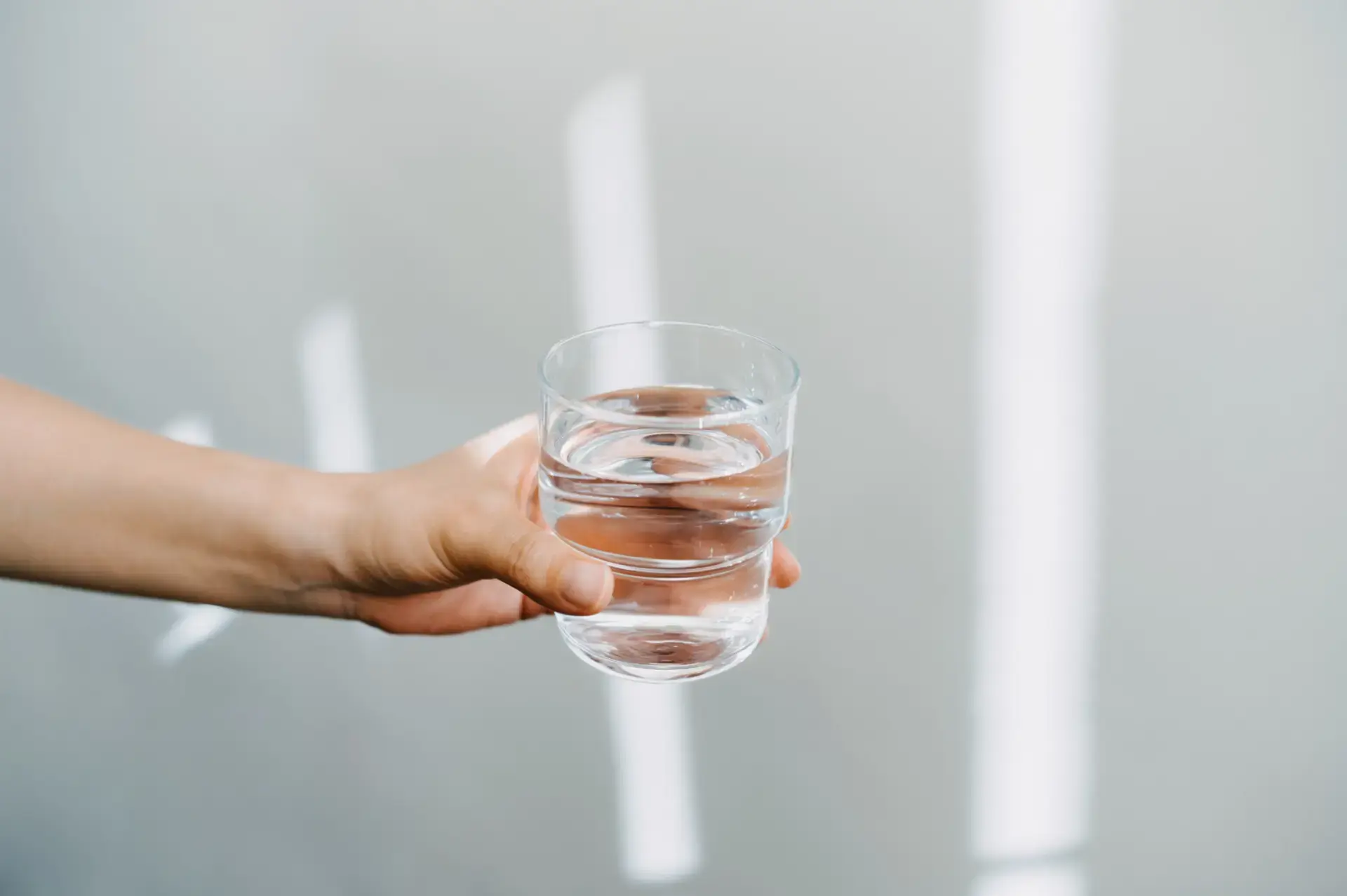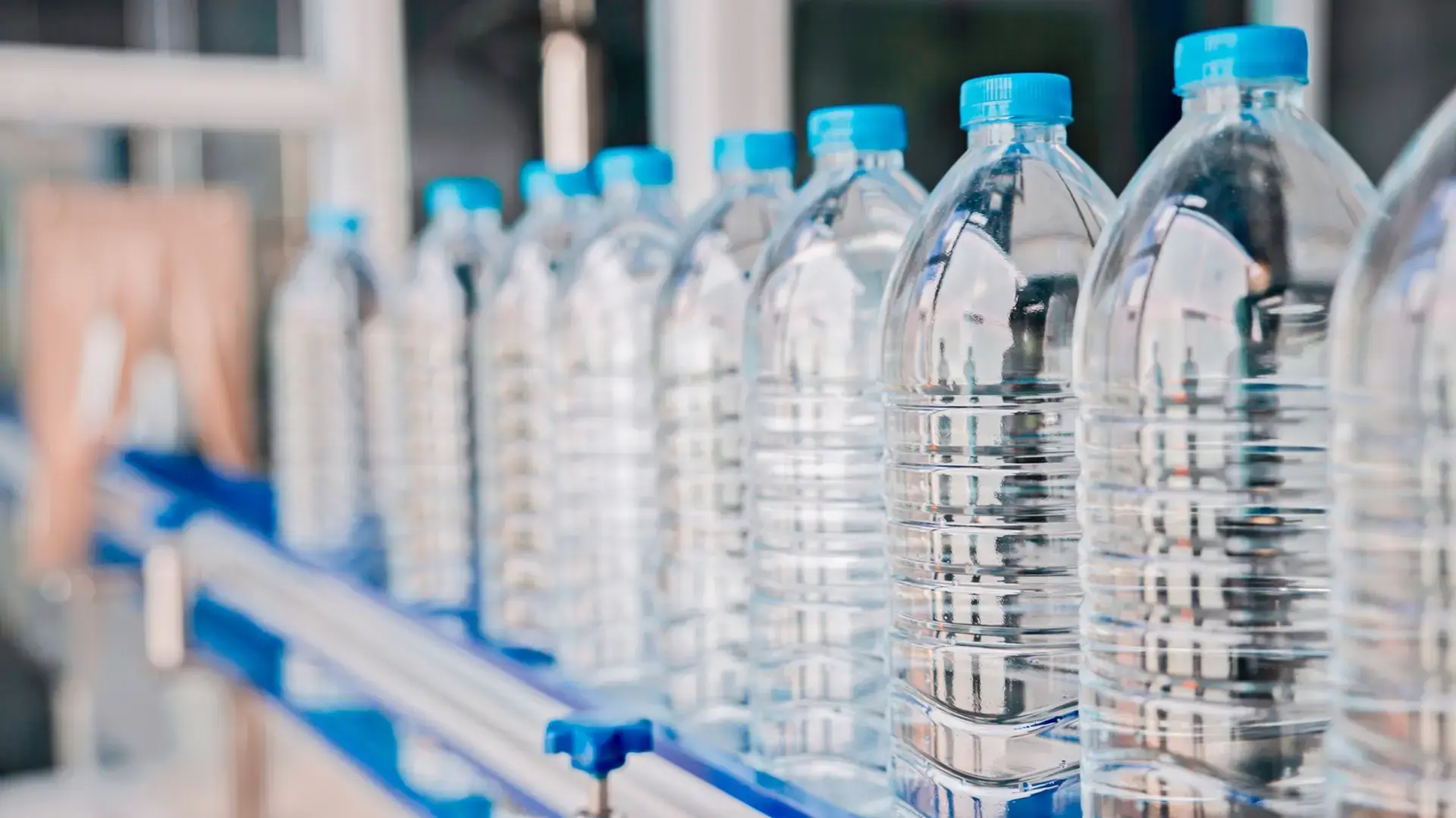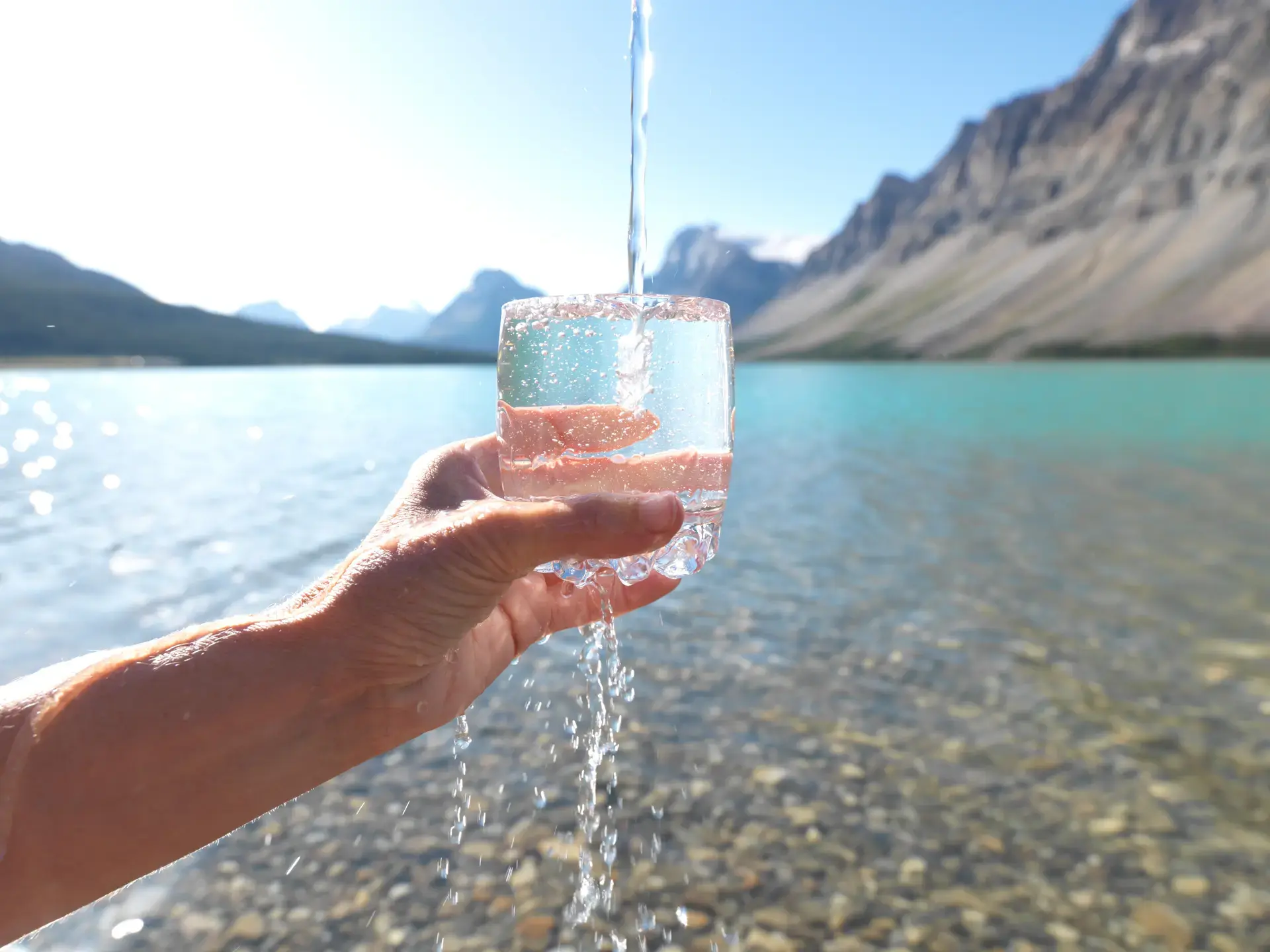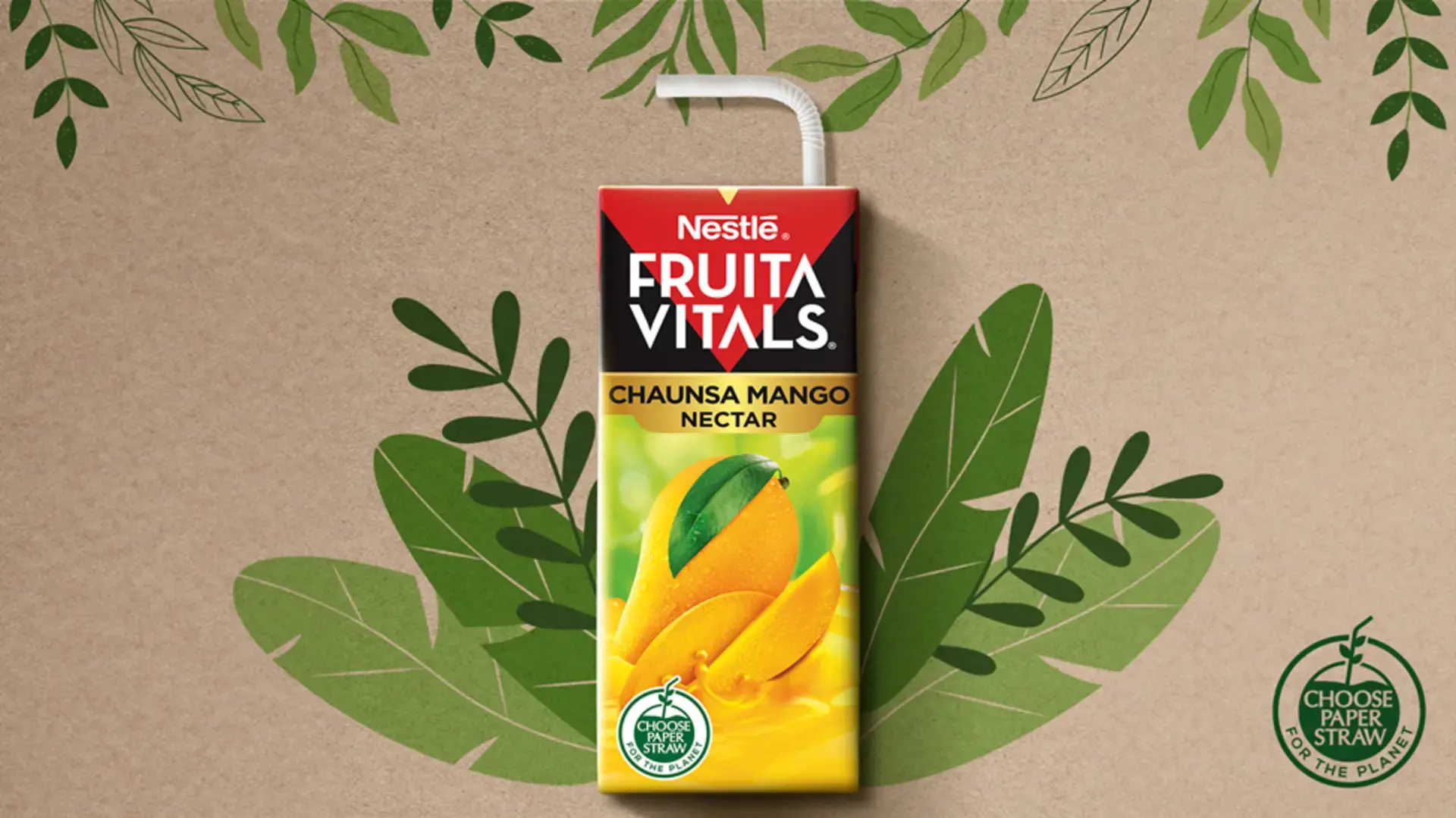Ever wonder why you don’t need to teach babies to drink water? Our need for it is built into our DNA! Back in the day, the closer a community is to a source of clean water, the better its chances of survival—they didn’t have much choice though, it’s good so long as it's drinkable. But what a time to be alive wherein, thanks to modern technology, we can actually choose what type of water to drink!
Hydration, digestion, temperature regulation—these are some of the bodily functions necessary for our survival that benefit from drinking water. Different water types taken from various sources provide unique drinking experiences, including taste and mineral content. Let’s flow into these drinking water types one by one and talk about their differences.






